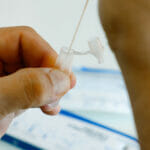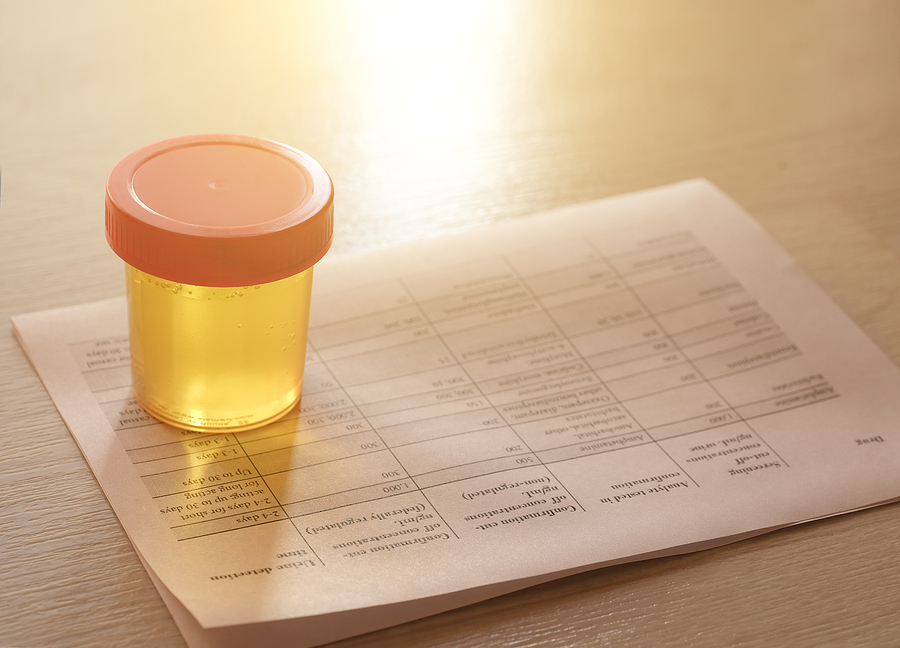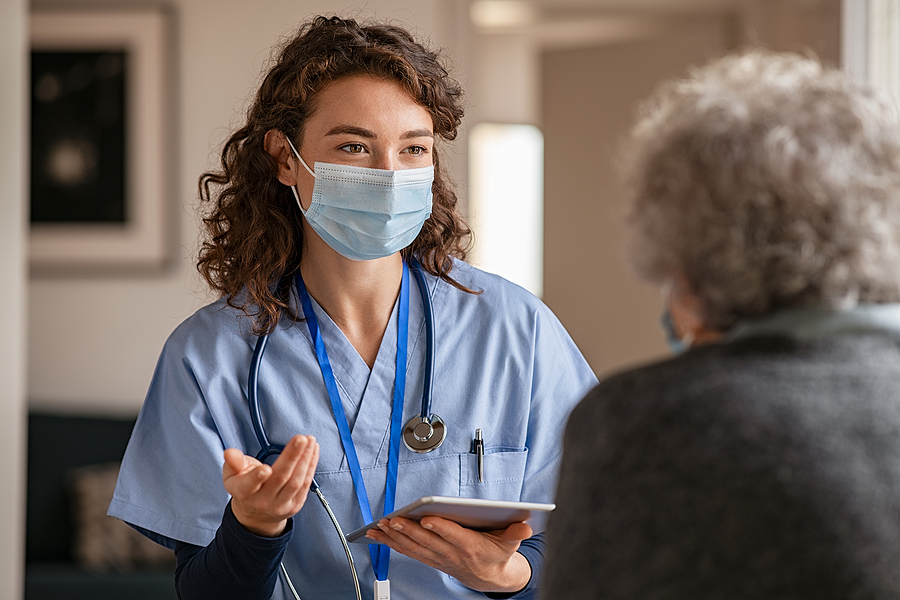More than 90 million people have had Covid-19 since late 2019, and as many as two million people have died globally. Testing for the virus plays an important role in treating, isolating, or hospitalising people with the virus. Testing is also central to trying to control the virus by understanding the prevalence, spread, and contagiousness of the disease. But our best hope for ending the pandemic is the Covid-19 vaccine.
As mass vaccination programmes begin, it’s a good idea to make sure you know all the facts about testing for Covid-19 and the new vaccines.
The Covid-19 test
Table of Contents
The most common type of test for Covid-19 is PCR (polymerase chain reaction), which involves using a long cotton bud to swab the back of your throat and the inside of your nose. The accuracy of a Covid PCR test is based on sensitivity and specificity. This refers to how often people with Covid-19 are identified as infected and how often people who don’t have Covid-19 are told they are infected. Administered by private healthcare providers such as Medicspot, Covid-19 PCR tests have a sensitivity of 98% and specificity of 100%.
Test results
It can take anything from just a few hours to a few days to receive your Covid-19 test results. It largely depends on the type of test you have and where you go to have it. While you wait to receive your test results, you must self-isolate. If you receive a negative Covid result, then you no longer need to isolate. However, if you have tested posted for Covid-19, you will need to follow the guidelines for your area, which will be to self-isolate for a particular length of time. As there’s no evidence that testing positive for Covid-19 makes you immune to the virus, you must continue to follow government guidelines.
Covid-19 vaccine
The Covid-19 vaccine is an injection into the upper arm which could prevent you from getting Covid-19 or stop you from falling seriously ill. The Moderna and Pfizer-BioNTech vaccines require a person to have two doses for it to be fully effective. The first dose of the Pfizer-BioNTech vaccine is over 50% effective in preventing Covid-19, while the second dose boosts that protection to 95%. While vaccination programmes are now underway, due to limited supplies, not everyone will be able to have the vaccine straight away.
How the vaccine works
None of the approved Covid-19 vaccines contain the live virus that causes Covid-19. The vaccine instead teaches your immune system how it can recognize and fight the virus that causes Covid-19. However, this process can cause certain symptoms, such as a fever. This reaction is completely normal and simply a sign that your body is building protection against the virus. It generally takes several weeks for your body to build immunity against the virus that causes Covid-19 after vaccination. Therefore, you could still become infected with the virus just before or after you’ve had the vaccine.
Vaccine safety and side effects
The Covid-19 vaccines have had to undergo the same clinical trials and safety checks as any other licensed medicine. The vaccine has had to meet strict safety and quality standards before being rolled out as part of the vaccination programme. Reports of serious side effects of the vaccine are very rare. However, some people may experience mild side effects after receiving the Covid-19 vaccine such as a fever, chills, fatigue, headache, muscle, and joint pain.
Safety precautions after vaccination
While it’s hoped that the Covid-19 vaccine will be the key to ending the pandemic, the safety recommendations remain the same. Even after receiving the vaccine, you should continue to avoid close contact with people, wear face coverings in public places, practice good hygiene, and stay home if you’re sick.
While the Covid-19 vaccine brings real hope that we could finally see an end to the coronavirus pandemic, Covid-19 testing continues to play an important role in understanding the disease and protecting the most vulnerable.
Image Source: BigStockPhoto.com (Licensed)
Related Categories: Health, Reviews








